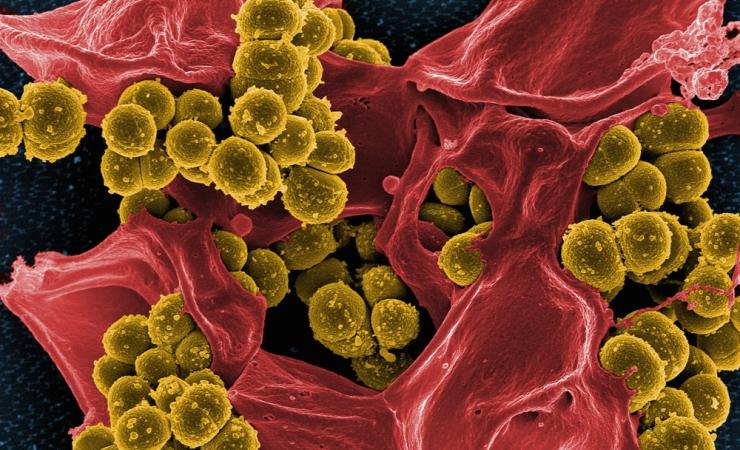What can be done to minimise the spread of infections in hospitals and long-term care facilities (LTCFs)? A new study supported by the EU- and industry-funded PrIMAVeRa project reveals that the key is to focus on so-called supercontactors – the nurses and patients who come into contact with a disproportionately high number of susceptible individuals. According to the study, interventions concentrated on these supercontactors can help control infection and reduce the spread of infectious diseases in healthcare facilities. Hospitals and LTCFs are hotspots for the spread of bacteria and viruses. In fact, the transmission of pathogens such as methicillin-resistant Staphylococcus aureus (MRSA) depends to a large extent on the frequency and nature of contact between patients and staff. Combining mathematical modelling and data on close proximity interactions in healthcare settings, the researchers sought to investigate to what extent knowledge of the contact network can help identify interventions that effectively reduce MRSA colonisation.
Stopping the fire before it starts
Individuals colonised by MRSA are more likely to be infected by the pathogen, which is difficult to treat with antibiotics. “By preventing colonisation we reduce the risk of infection,” explains study first author Dr Quentin Leclerc of PrIMAVeRa project partner Institut Pasteur, France, in a ‘EurekAlert!’ news release. “Basically, it is best to prevent the fire from even starting in the first place, instead of having to stop it later!” Using an extensive simulation study, the research team examined the potential impact of three different interventions on the incidence of MRSA colonisation. The first was staff reallocation that involved reducing the number of patients each staff member came into contact with. The second concerned reinforced contact precautions, such as wearing gloves or better hand hygiene compliance, that reduced patient-to-staff and staff-to-patient transmission. The third intervention was vaccination to provide vaccinated individuals partial protection against the MRSA bacteria. The simulation revealed that interventions can yield the best results by targeting nurses and patient supercontactors. “This includes both frequency-based supercontactors (with highest number of unique contacts), or duration-based supercontactors (with longest cumulative time spent in contact),” the authors state in the study. While full staff reallocation was found to reduce colonisation rates by up to 40 %, targeting only the 180 nurses (out of the 236 staff members included in the study) achieved a 30 % reduction. Surprisingly, reinforced contact precautions targeting only the 180 nurses was more effective than even reallocation of all staff, resulting in a 45 % drop in MRSA colonisation rates. With regard to vaccination, the most efficient strategy was to vaccinate duration-based patient supercontactors, which reduced the colonisation rate by 23 %. Dr Leclerc comments in the news release: “While this study focused on MRSA, staff-patient contact networks in hospitals and other long-term care facilities also play a key role in the transmission of other diseases such as COVID-19 and influenza. Therefore, identifying supercontactors in different healthcare settings would substantially improve interventions to stop the spread of infectious diseases. To clarify this, we plan to repeat this work with other pathogens, in different healthcare institutions.” The project ends in 2026.
PRIMAVERA is supported by the Innovative Medicines Initiative (IMI) programme, a partnership between the European Union and the European pharmaceutical industry. This article was first published in CORDIS News on 21 June 2023.
